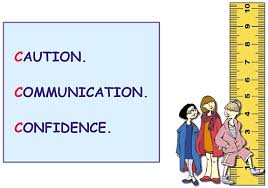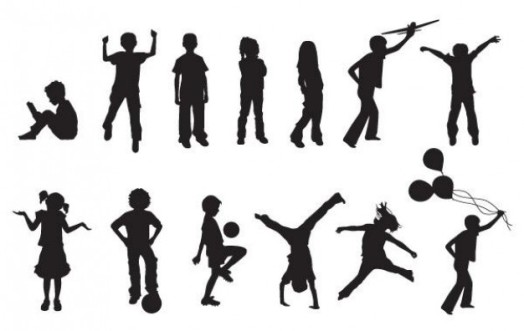
Freedom is everyone’s birth-right; and parents often are torn between how much freedom they need to give their kids owing to their safety concerns, fears and insecurities towards their children.

Age-wise Appropriateness: The biggest conflict to decide how much freedom to give is because of the “conservative’ and “liberal” dynamic in parenting. At every stage and age the amount of freedom a child is given varies. For instance, a toddler needs constant adult supervision whether at home or outdoors; whereas, a young child between the ages of 6-12 years, can be allowed to be out with a familiar peer group. As children grow, you may have to have a dialogue with them explain how freedom comes with a responsibility. You can always keep a check on them through messages and phones to know their whereabouts and some deadlines won’t harm. Thus, your discretion at every stage and age of their physical/mental/emotional development would decide the appropriate amount of freedom they need and how much you can support and guide them.

Establishing Boundaries: Freedom does not imply shirking responsibilities and being a nomad. Children often feel ‘free’ to do anything they want because they are allowed to do whatever catches their fancy. As they grow up and begin to understand the world, they need to make their own choices and to make mindful decisions in any situation, you need to communicate the ‘why’s” and “why not’s”. For instance, making a child understand why they are being told to be indoors or to be home within a certain time. Inviting school/college/colony friends over and going to theirs at odd hours or wearing risqué clothing while they are out with friends are something they consider ‘being free-minded’ or cool. It’s not about what they are doing; it’s about the mentality with which they are doing certain things. Inculcate Independence and Self-Reliance and check on how responsible they can be in any given situation. Time-management, space management, completing their assignments within deadlines all reflects on how prepared they are to eventually be on their own.

Keeping Them Rooted: It helps to share your own experiences and how despite some rules being there, you enjoyed your freedom and youth. Today, many children, especially teens are in a hurry to experience everything as soon as they can and want instant gratification. The reasons could be peer pressure and the need to fit into a group, to look cool and be ‘in’ with the times. Kids are also highly impressionable because of the celebs they admire from a young age and dream of a life as glamorous as theirs. It’s essential to give your child a reality check. This does not mean binning their dreams or goals but to nurture those and helping them pursue those which are within their capacity and physical/mental/emotional makeup. They will eventually begin to see things the way they are rather than the way they ‘should’ be. Avoid cushioning them from hurt or telling them stories about good/bad people or it being a fair/unfair world. Freedom means allowing your child to make mistakes so they can ‘grow up’.
Which are some of the ways that allow a child to enjoy their freedom and be free-minded? Share your views with us and get featured on the blog.





